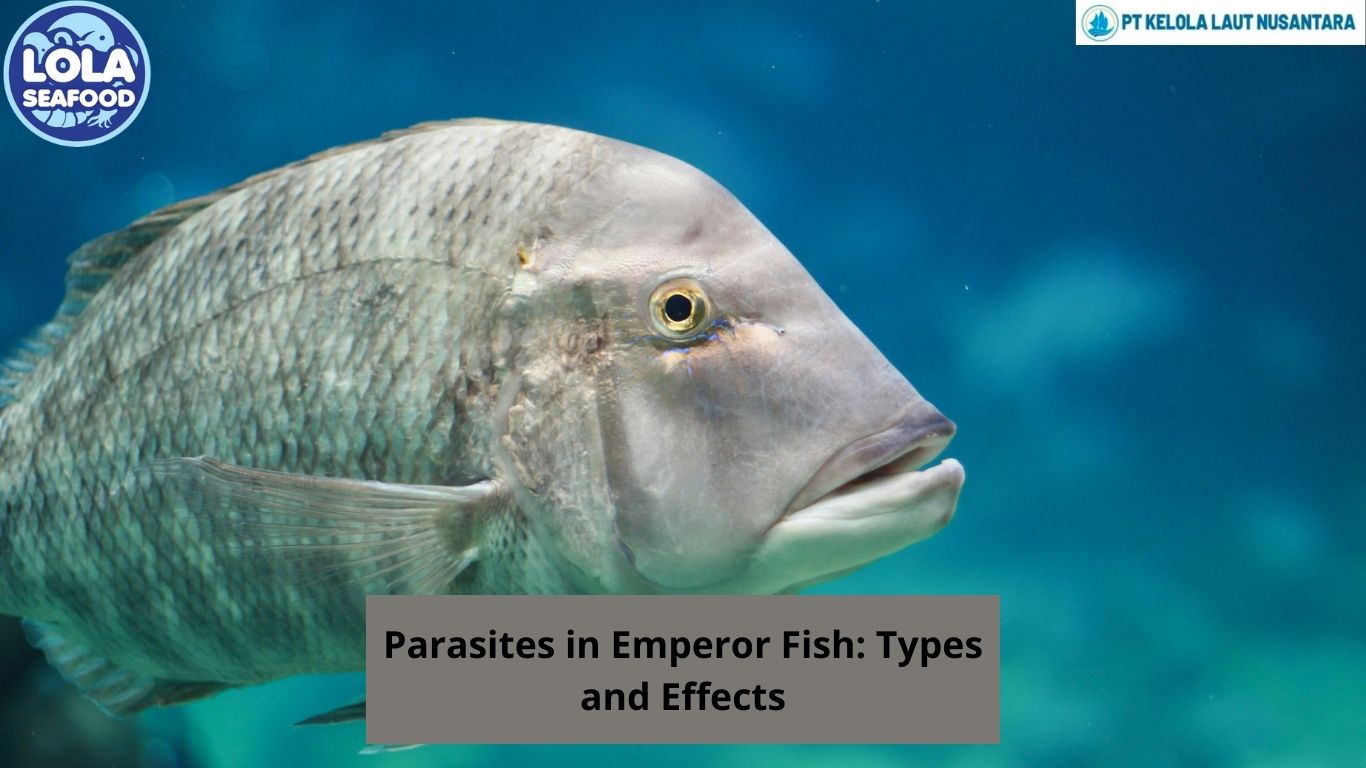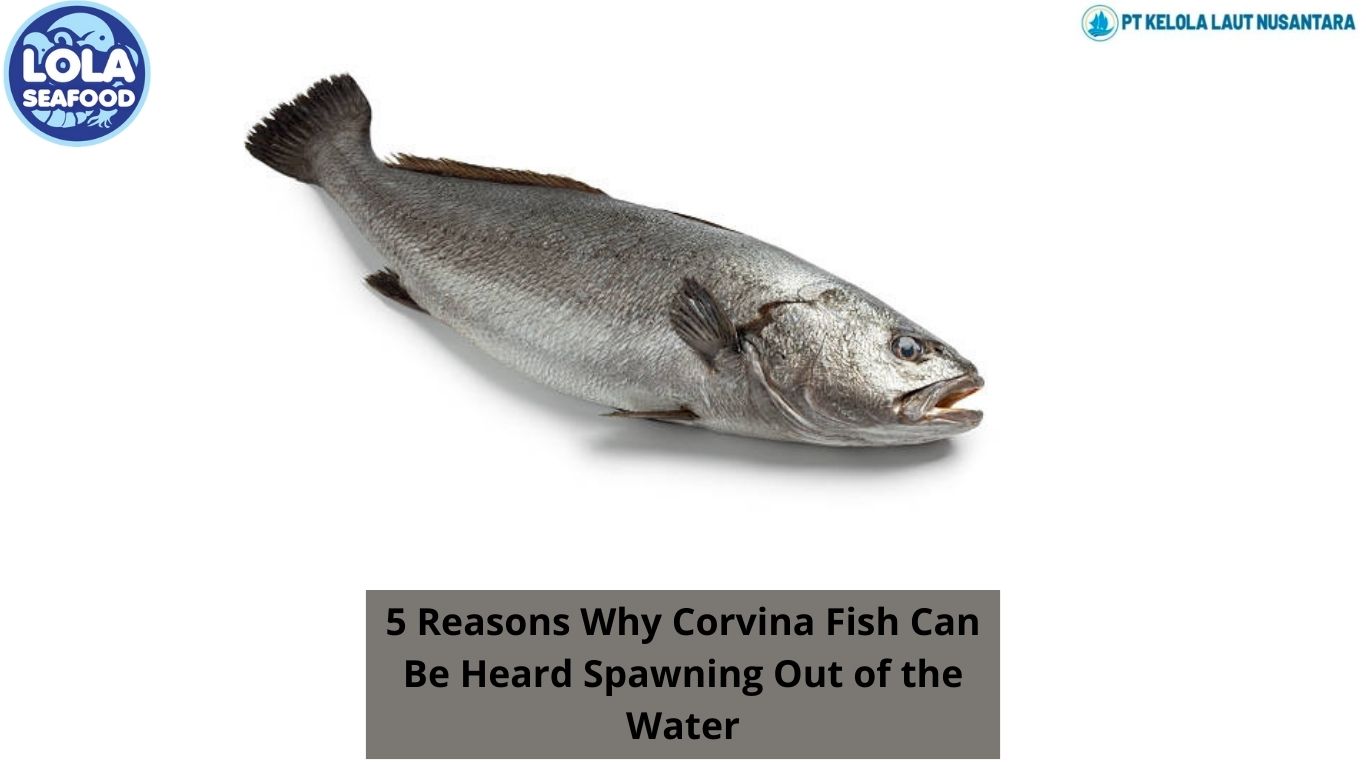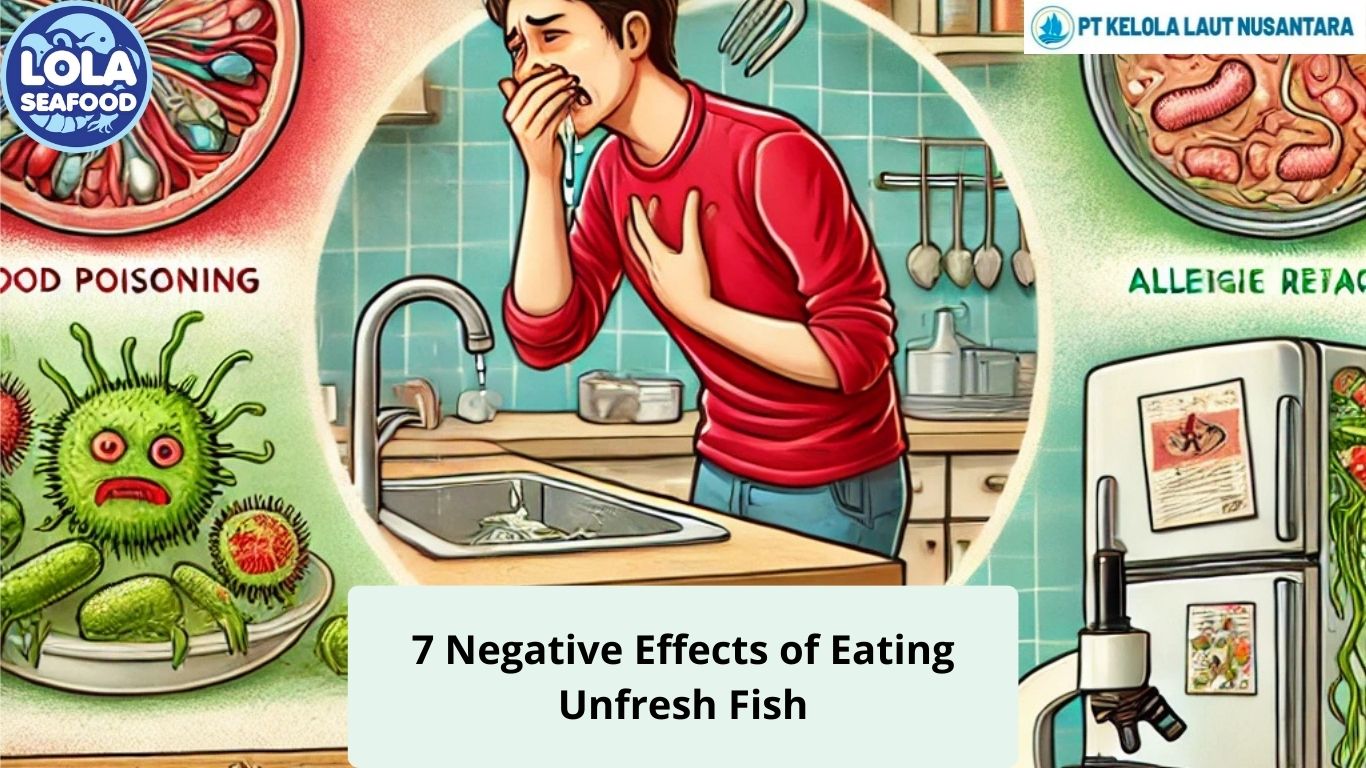TERMITES SOIL TREATMENT FOR PRE-CONSTRUCTION
By. Najih - 23 Jul 2024.jpg)
Termites soil treatment (pre-construction) includes treating the soil with a termiticide builds a barrier and protects the structure from termite invasion and infestation. Pre-construction anti-termite treatment is performed early in the building’s life to avoid termite infestation after it is built. Treating the soil beneath the building and around foundations when it is still in the process of construction is a good way to prevent termite infestation.
Termites only require a tiny opening to enter your home or business—1/32 of an inch. They often come in from the soil along the building foundation, cracks in the slab, expansion joints, electrical cables, around plumbing and voids in brick work. However, some above-ground infestations start when termites are brought inside on firewood or packing materials.
There are two types of termiticide, repellent and non-repellent termiticides.
- Repellent termiticides
Repellent termiticides are pyrethroids. These older style insecticides do kill termites when the termites contact the insecticide, but when applied in the soil, termites approaching the treated zone are repellent and so aren’t actually killed. When applied correctly these repellent termiticides can provide an excellent treated zone. However, if there is some gap in the treated area (which can happen when injecting through concrete), termites can potentially find this untreated area to find their way into the home.
- Non-repellent termiticides
There are a number of different non-repellent termiticides, which are all newer types of insecticide. When applied to the soil, termites cannot detect the insecticide and so when the content treated soil, they die. As they cannot be detected, termites are not able to seek out any untreated gaps in a treatment and so the chances of them getting through to the building without contacting treated soil, is very small indeed!
The length of time that a termite soil treatment last will depend on the chemical used, the soil type and the location (temperature and rainfall have an impact). However, typically all termite soil treatments should last at least 5 years. However, as with all termite treatments, annual termite inspections are a must to maintain any warranties. Soil treatments are designed to handle normal amounts of rainfall, but when there is flooding not only is there the danger that some of the treatment will be washed away, but there is the likelihood that soil may be brought in and deposited on top of the treatment.








